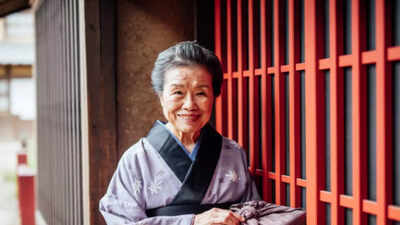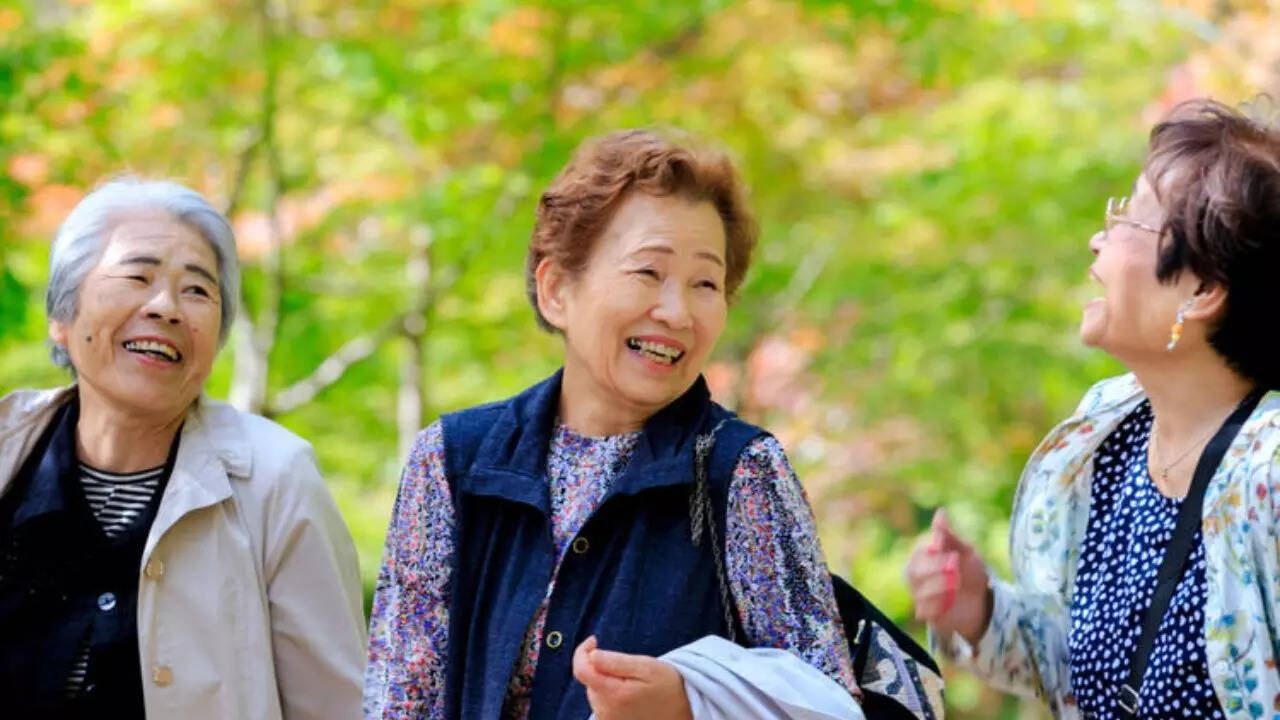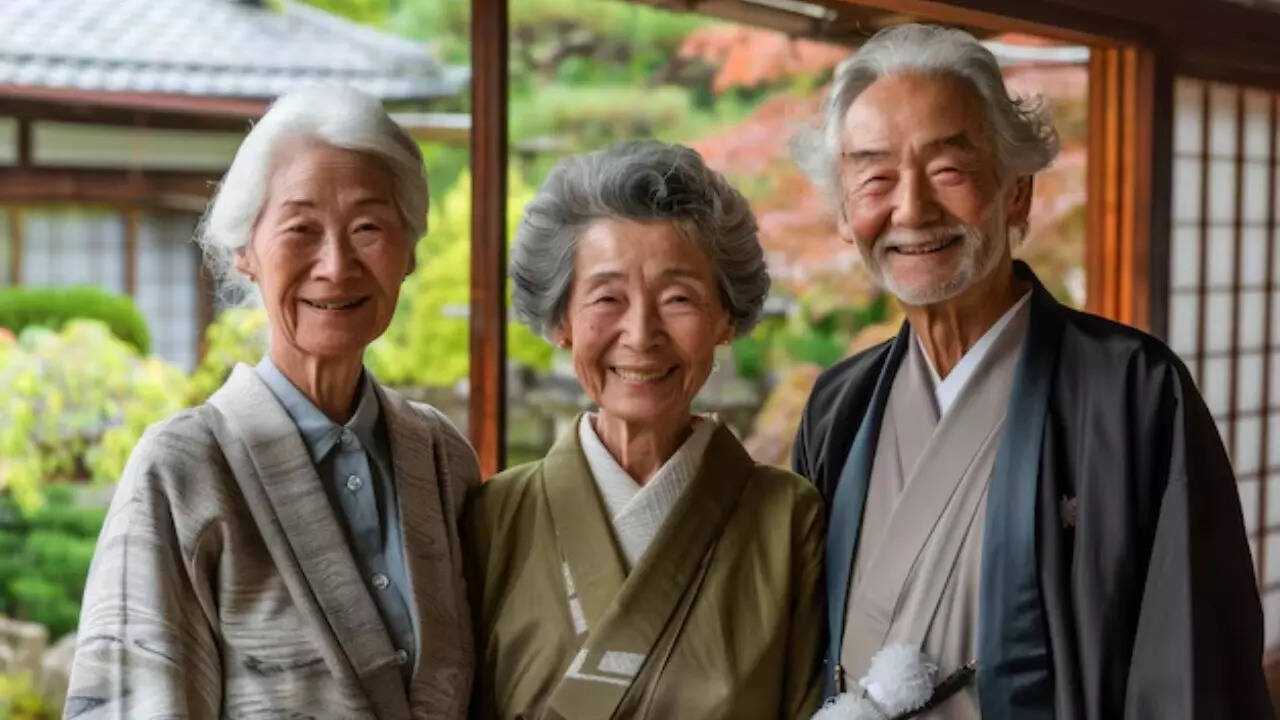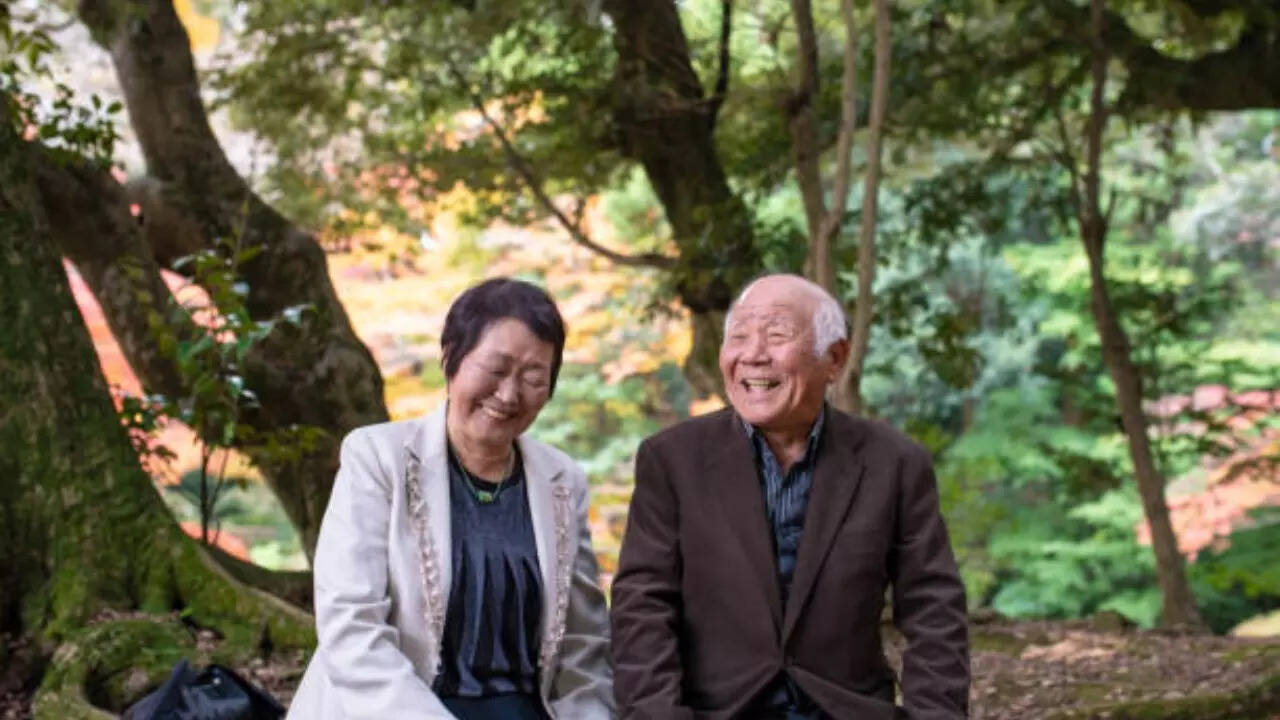ARTICLE AD BOX

Talk about achieving milestones, and Japan will surprise you like no other country!The land of the rising sun has just reached a remarkable new milestone: as of September 1, 2025, nearly 100,000 people aged 100 or older call the country home. That’s a record high, 99,763 centenarians, and it marks the 55th straight year this number has climbed!
Habits to Boost Longevity and Health
And what’s more? Most of those centenarians, about 88% are women!The oldest among them is Shigeko Kagawa, a 114-year-old retired physician, while the oldest man is Kiyotaka Mizuno, aged 111.But behind this incredible achievement lurks a few persisting questions: Why and how are so many Japanese living past 100? What lifestyle, environment, culture, and medicine combine to help people reach such old age and do so remarkably well?Let’s dive deep!
The centenarian milestone: what Japan achieved
Japan’s newest centenarian tally, 99,763 people aged 100 or more as of September 1, 2025, is both inspiring and striking. The numbers have been rising year after year, starting back in 1963 when only 153 individuals were registered as centenarians nationwide.Here are the key factors experts believe contribute to this remarkable longevity, along with what makes Japan (especially places like Okinawa) a global model for aging well.
So… What helps people reach and go beyond 100 years in Japan?
Balanced, mostly plant-rich diet: Japan’s best-practiced healthy habit remains on their plates and on their dinner tables. Japanese eating habits favor fish, vegetables, soy products (tofu, miso), seaweed, and mushrooms, with relatively small amounts of red meat and processed food.
Traditional cuisine emphasizes freshness, small portions, and variety. In Okinawa, especially, they practice hara hachi bu, an eating habit where one continues eating until about 80% full rather than stuffing oneself.Low rates of some fatal diseases: Japan has relatively fewer deaths from certain cancers (breast, prostate) and heart disease, compared to many Western countries. A lifestyle high in fish (rich in omega-3 fatty acids), lower saturated fats, and careful salt intake helps protect the heart and blood vessels.

Strong social ties and purpose: Longevity studies, especially those in Okinawa, show that having a sense of purpose (ikigai), continuous mental and physical activity, and tight social networks are powerful. Japanese elders often stay involved in work, hobbies, family, or community well into older age.Keeping active: Physical activity is built into daily life. Walking, gardening, practicing gentle exercises, using public transport, and doing household tasks – all help maintain mobility and prevent frailty.
In addition, routines like Radio Taiso (broadcast exercise programs) are popular.Good health care, prevention, and clean environment: Japan has strong medical infrastructure, regular health screenings, good public hygiene, and long traditions of preventive care. Clean water, good public health systems, low‐pollution living (in many places), and attention to waste management all contribute. Okinawa studies also show that centenarians often escape or delay many age-related diseases.

Genetics and epigenetics: There seem to be inherited traits or gene variants that help some people resist ageing effects, disease, inflammation, and maintain efficient metabolism. Research on Okinawan centenarian siblings shows survival advantages. Epigenetic studies, changes in gene expression without changing DNA, also suggest that low inflammation, among other markers, predicts “successful aging” at extreme ages.Mindset and culture: Respect for elders, community recognition, a positive attitude toward aging, and psychological well-being matter. Many centenarians still feel useful, connected, and calm. Concepts like purpose (ikigai), mindfulness, and being socially active all help with mental health.
What’s ahead?
While celebrating this achievement, Japan also faces challenges. An aging population means more demand for health care, pensions, and social welfare.
Workforces shrink, costs rise. Also, birth rates are low, which makes future support systems harder to sustain.Maintaining these longevity secrets is not guaranteed: westernization of diet, changes in social structure, more sedentary life, or increased processed food intake could erode some advantages. Okinawa’s longevity advantage has been decreasing in recent years, suggesting lifestyle changes can weaken these natural protections.

However, Japan’s remarkable feat is more than just a statistic – it’s a case study in how life choices, culture, biology, and social systems can combine to extend both lifespan and healthspan. And it’s no rocket science for them either – the secrets lie in diet, activity, purpose, community, long-term preventive care, and supportive culture.For many people around the world, there are lessons here: live lighter, eat well, stay socially connected, sleep well, stay active, and find joy and purpose daily. Aging won’t always be graceful, but Japan shows that with the right mix, growing old can also mean growing strong.
Japan’s Kokichi Akuzawa, 102, Reaches New Heights With Historic Mount Fuji Ascent

 4 months ago
53
4 months ago
53





